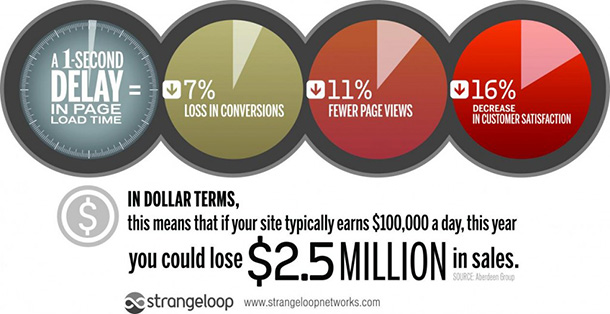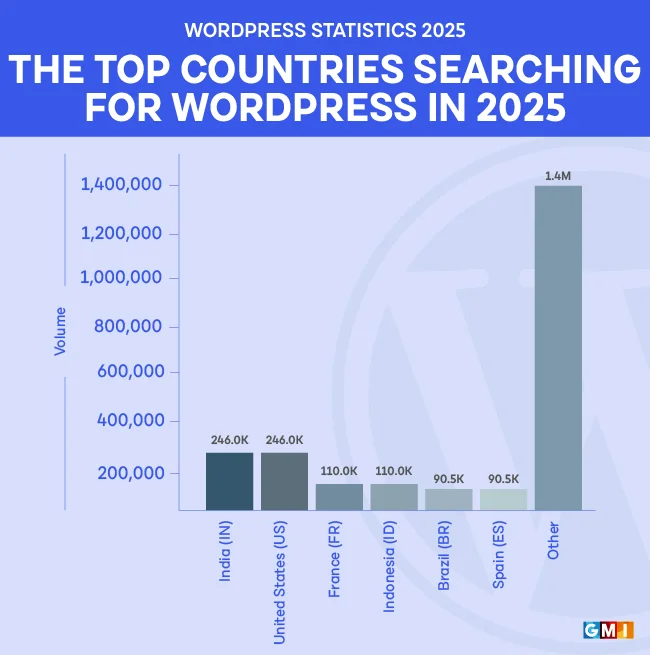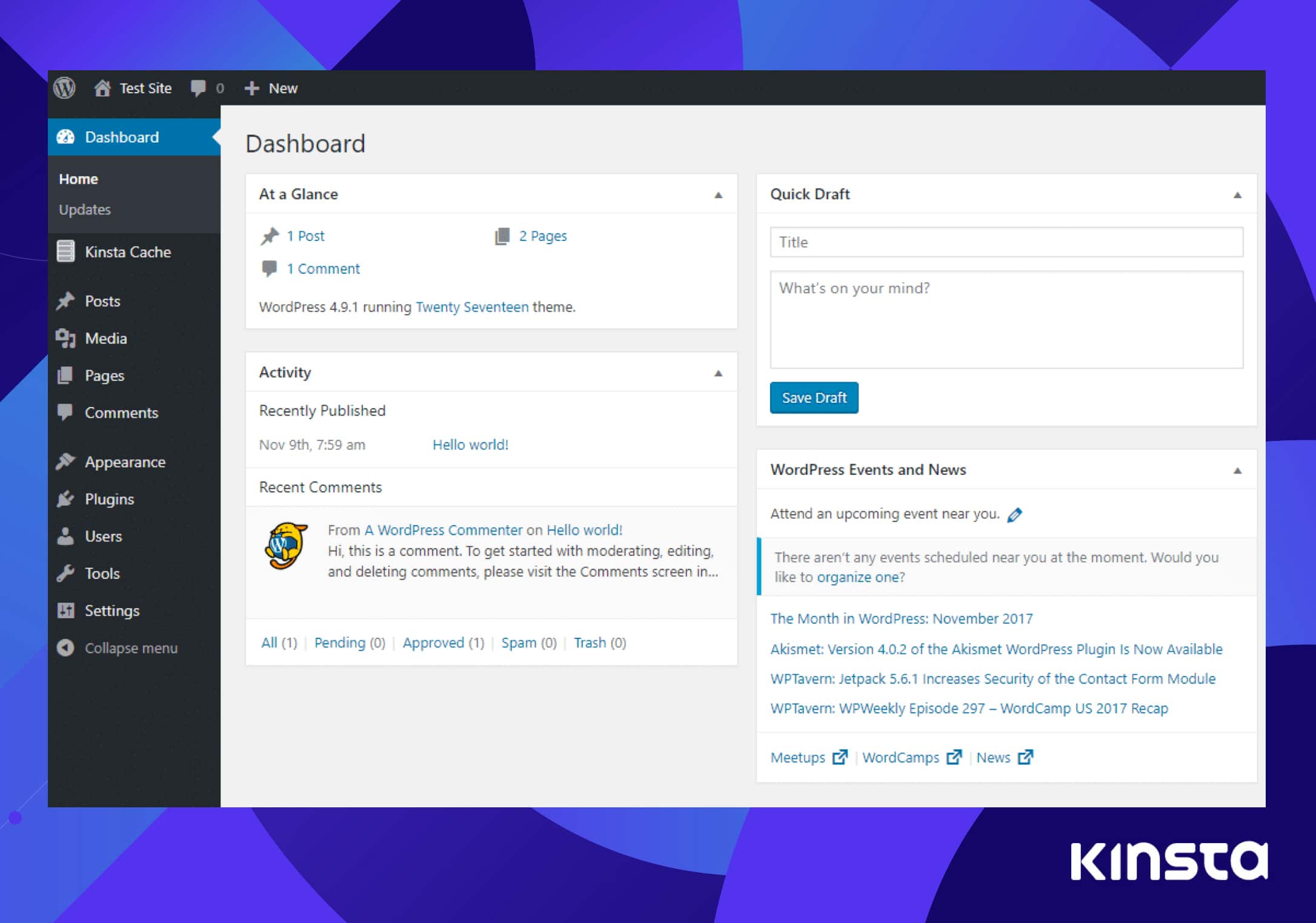WordPress started as a blogging platform in 2003 by Matt Mullenweg. Twenty-two years later it powers about 43% of websites because it's free, hackable, and there's a plugin for every stupid idea someone's ever had. Not because it's perfect - trust me, it's not.


WordPress.org vs WordPress.com: Pick Your Poison
There are two different WordPress options, and this confuses the shit out of people:
WordPress.org is the real WordPress - free software you install on your own hosting. You control everything, but you're also responsible when things break at 3am. Want to install a plugin? Go ahead. Want to fuck up your database? Nothing's stopping you.
WordPress.com is Automattic's hosted version. They handle the technical stuff, but you're stuck with their limitations. It's like renting an apartment - easier but you can't knock down walls.
For anything serious, use WordPress.org. The .com version is fine for basic blogs, but you'll outgrow it fast.
The Technical Reality
WordPress runs on PHP and MySQL - the same LAMP stack that's been powering websites since the early 2000s. It's not cutting-edge tech, but it works and there are millions of developers who know it.
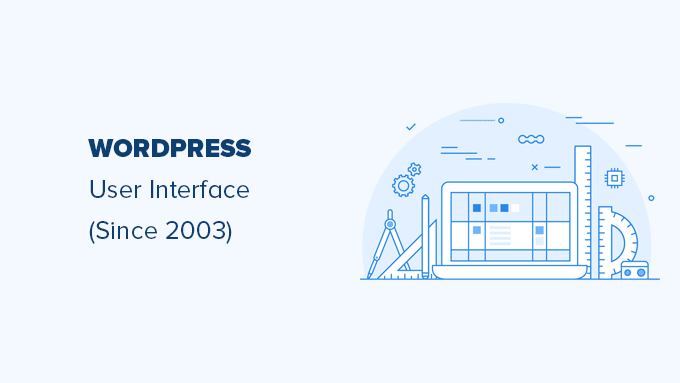
Latest stable is WordPress 6.8.2 (July 2025). WordPress drops updates every few months, and they'll randomly fuck your site - 6.1 killed our contact forms for three days because of some bullshit theme conflict we didn't see coming. Always backup before updating or you'll be debugging at 3am.
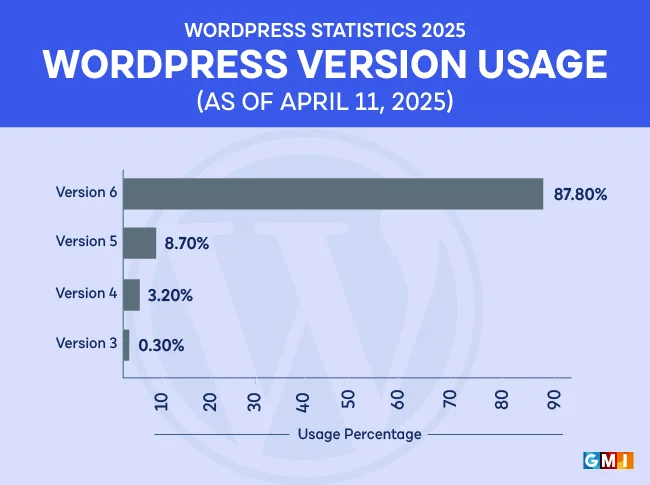
The plugin system is WordPress's superpower and its curse. Need a contact form? There's a plugin. Want to turn your site into an online store? WooCommerce has you covered. But every plugin is another thing that can shit the bed at 2am when you're trying to push an important update live.
The Ecosystem: Plugins and Themes Everywhere
WordPress has over 59,000 free plugins in the official directory. Sounds great until you realize half haven't been updated since Obama was president and the other half are security holes waiting to happen. Real talk: you only need maybe 20 plugins to build almost anything worth building.
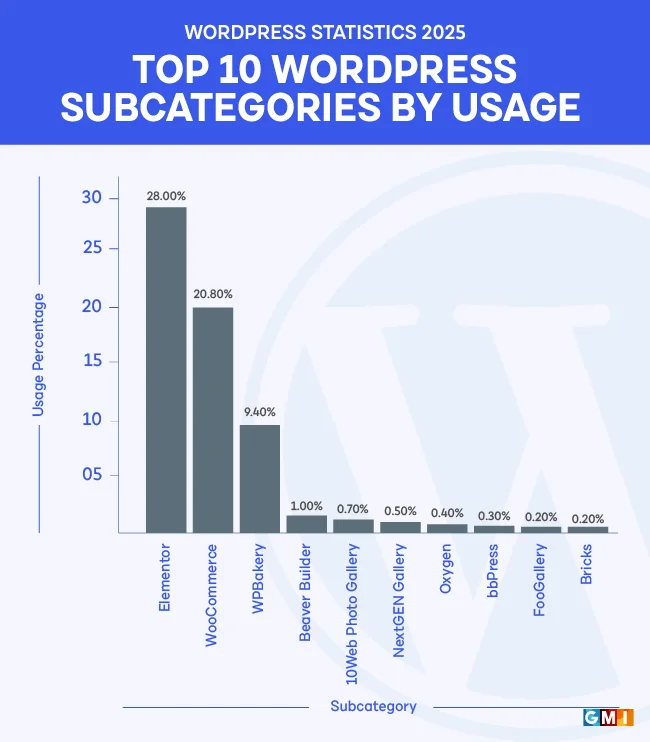
Popular tools that actually work:
- Elementor: Page builder used by about 30% of WordPress sites. Creates bloated code that loads slower than molasses but non-technical people love dragging shit around.
- WooCommerce: E-commerce plugin that powers 20% of WordPress sites. Powerful but overcomplicated - had a client spend 3 weeks just setting up shipping rates.
- Yoast SEO: SEO plugin that works but their constant "UPGRADE NOW" notifications will drive you insane.
WordPress Performance: It Can Be Fast
WordPress can handle massive traffic if you know what you're doing. Companies like Microsoft and Forbes use it. But out of the box on cheap hosting, it's slow as shit.
Want fast WordPress? Here's what actually matters:
- Decent hosting (skip the $3/month shared hosting)
- Caching (WP Rocket or similar)
- CDN (Cloudflare is free and works great)
- Don't install 50 plugins just because you can
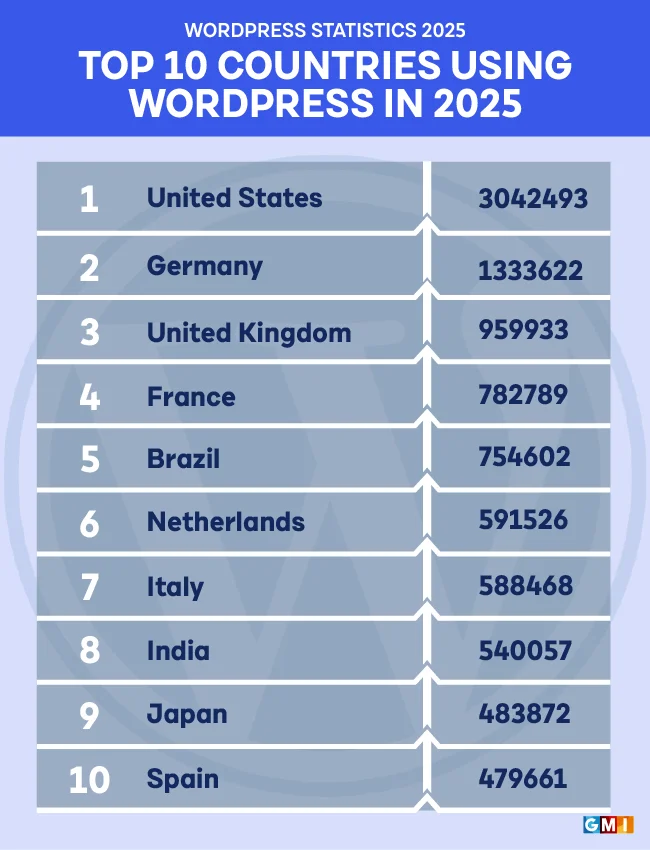
Most WordPress performance problems come from cheap hosting and bloated themes, not WordPress itself. Fix your hosting first before you blame the software.
